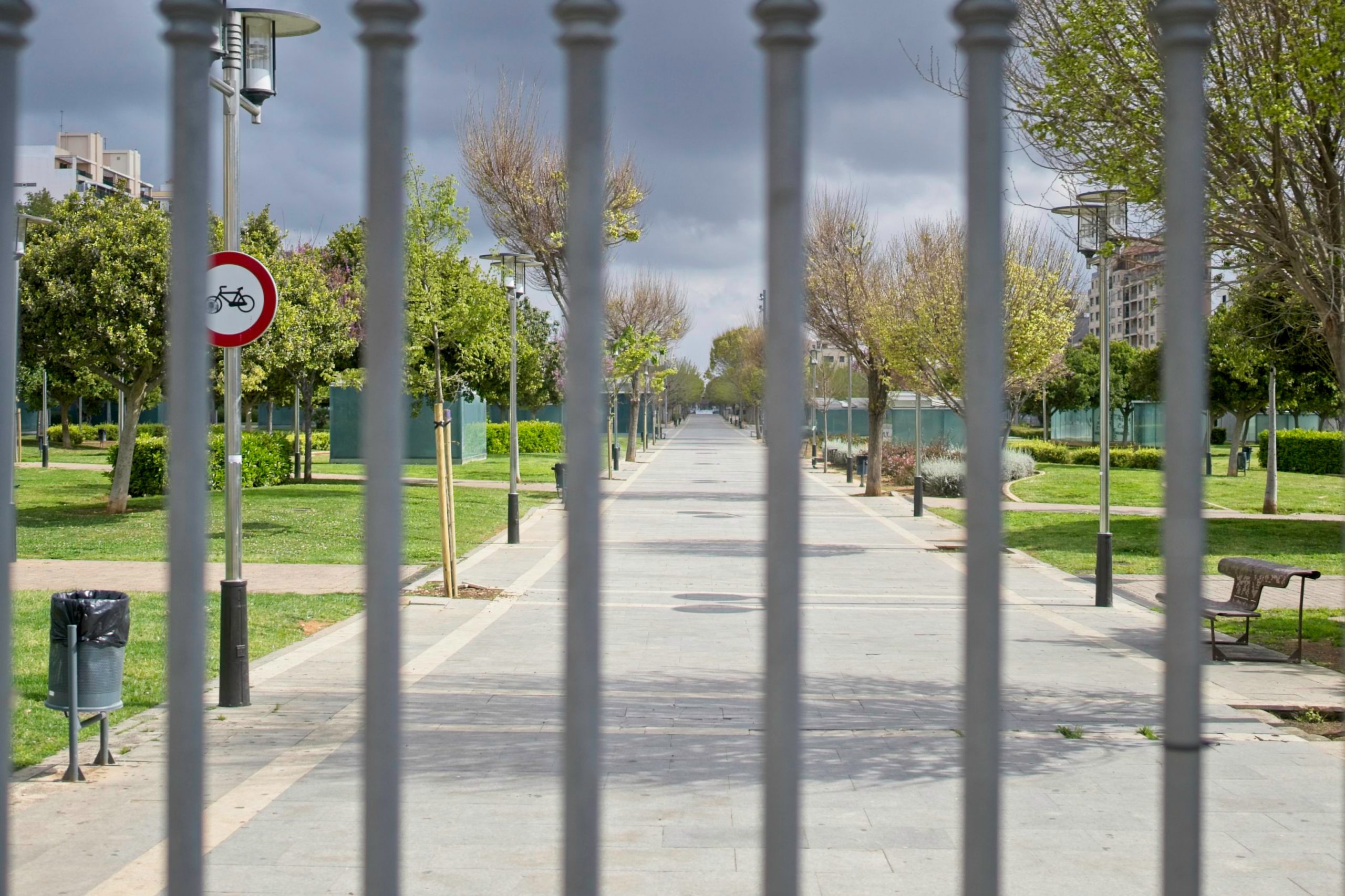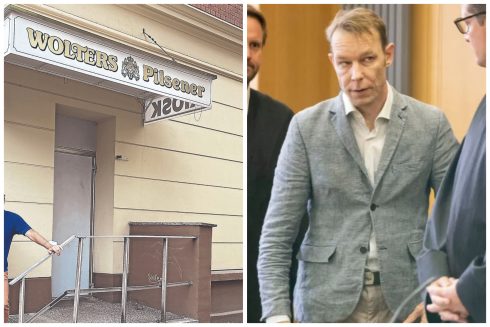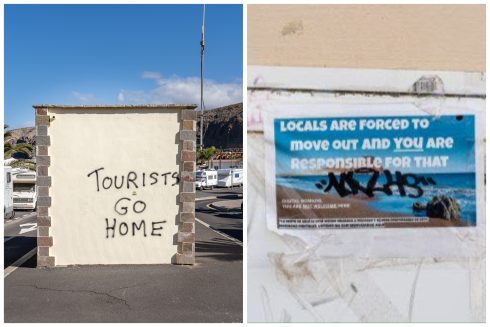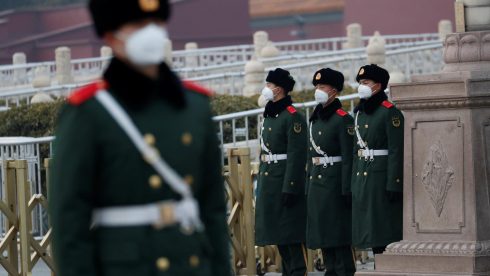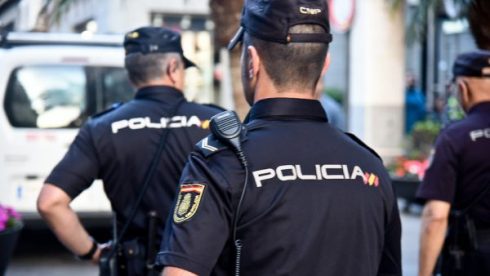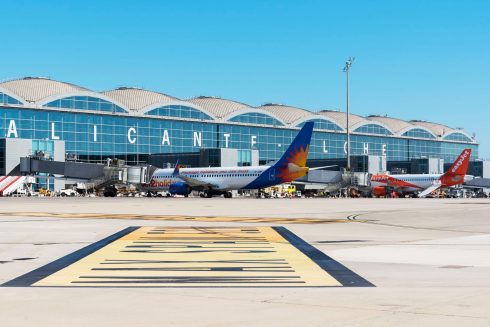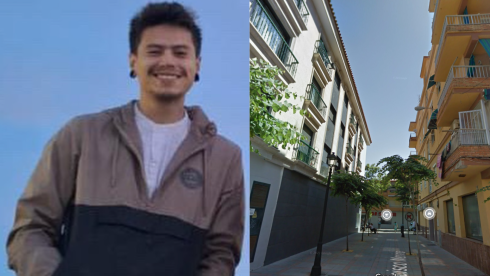SURREAL. There is simply no other way to describe the sensation of walking through Palma de Mallorca during lockdown.
An eerie stillness has settled upon a once teeming capital, where streets normally full of life are desolate, roads usually filled with traffic jams are empty and memories of wading through crowds seem as if they were a lifetime ago.
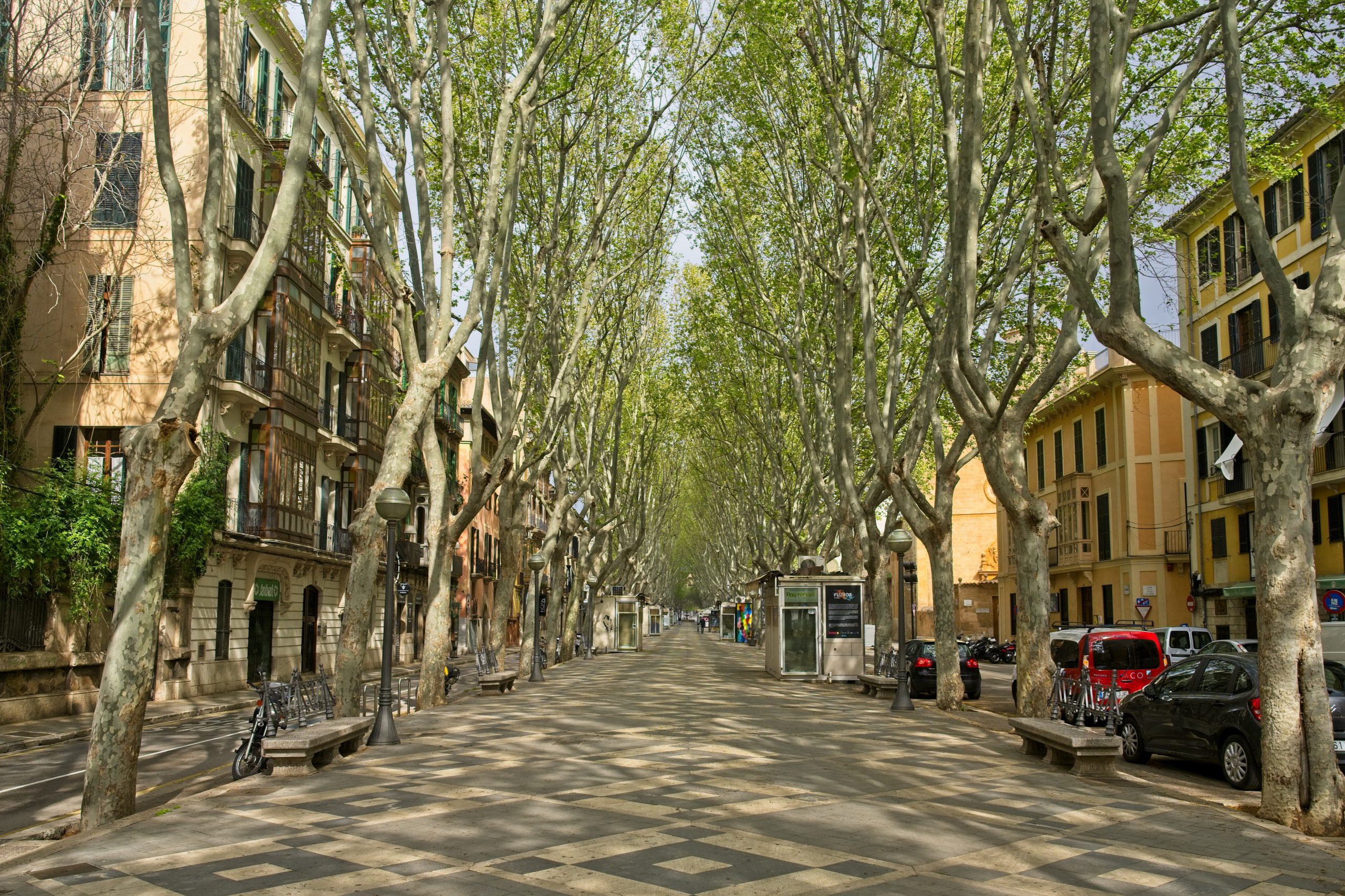
It is fair to say that a bustling city inhabited by some 400,000 people has become nothing short of a ghost town amid the coronavirus pandemic.
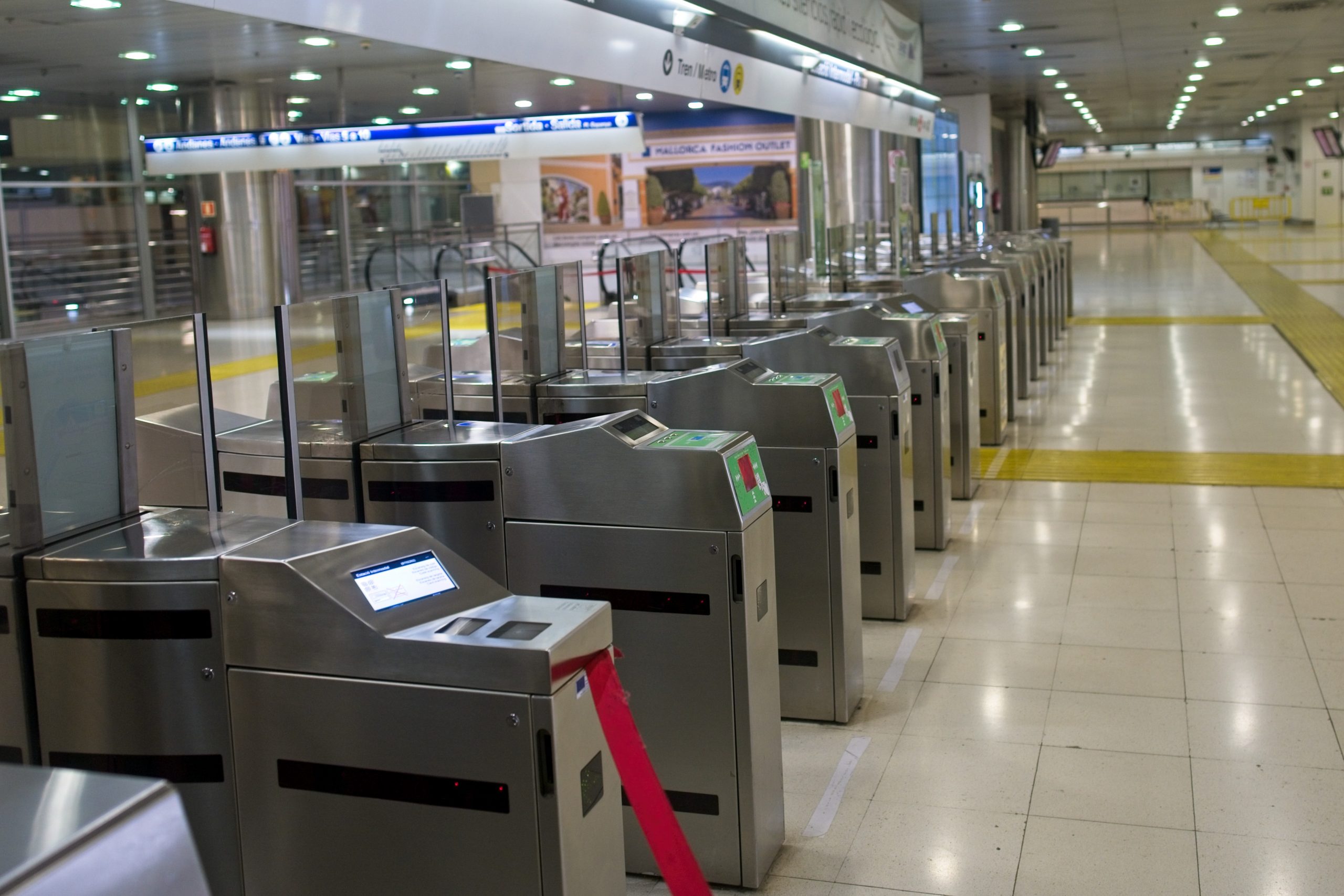
Mindless chatter between locals, a symbol of the warm and welcoming nature of the island, has been completely eradicated as those milling around only walk with a hurried purpose to pick up vital supplies.
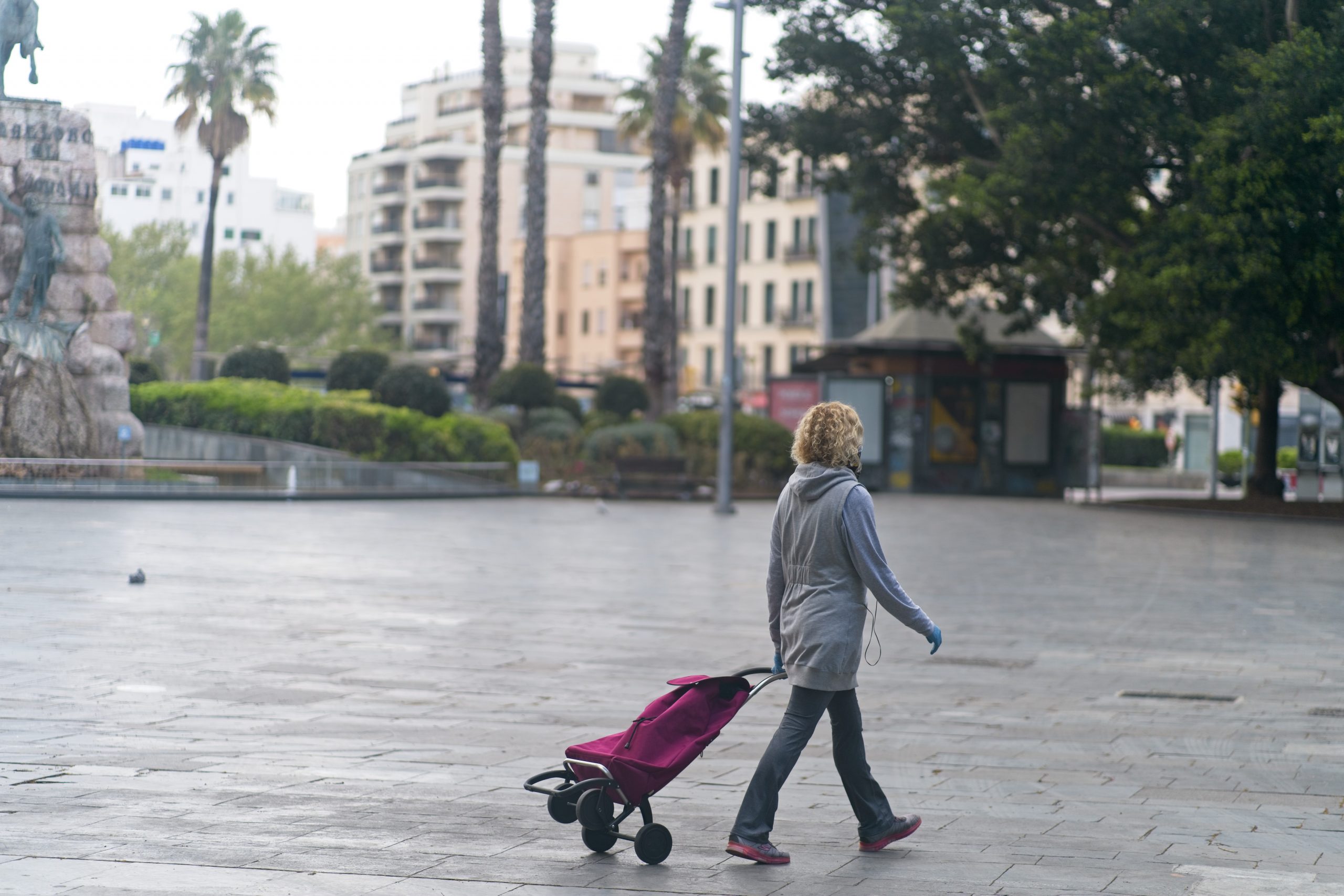
Those that stop to say hello to familiar faces are firmly separated by an invisible barrier, and heartfelt embraces between Spaniards have become somewhat cold.
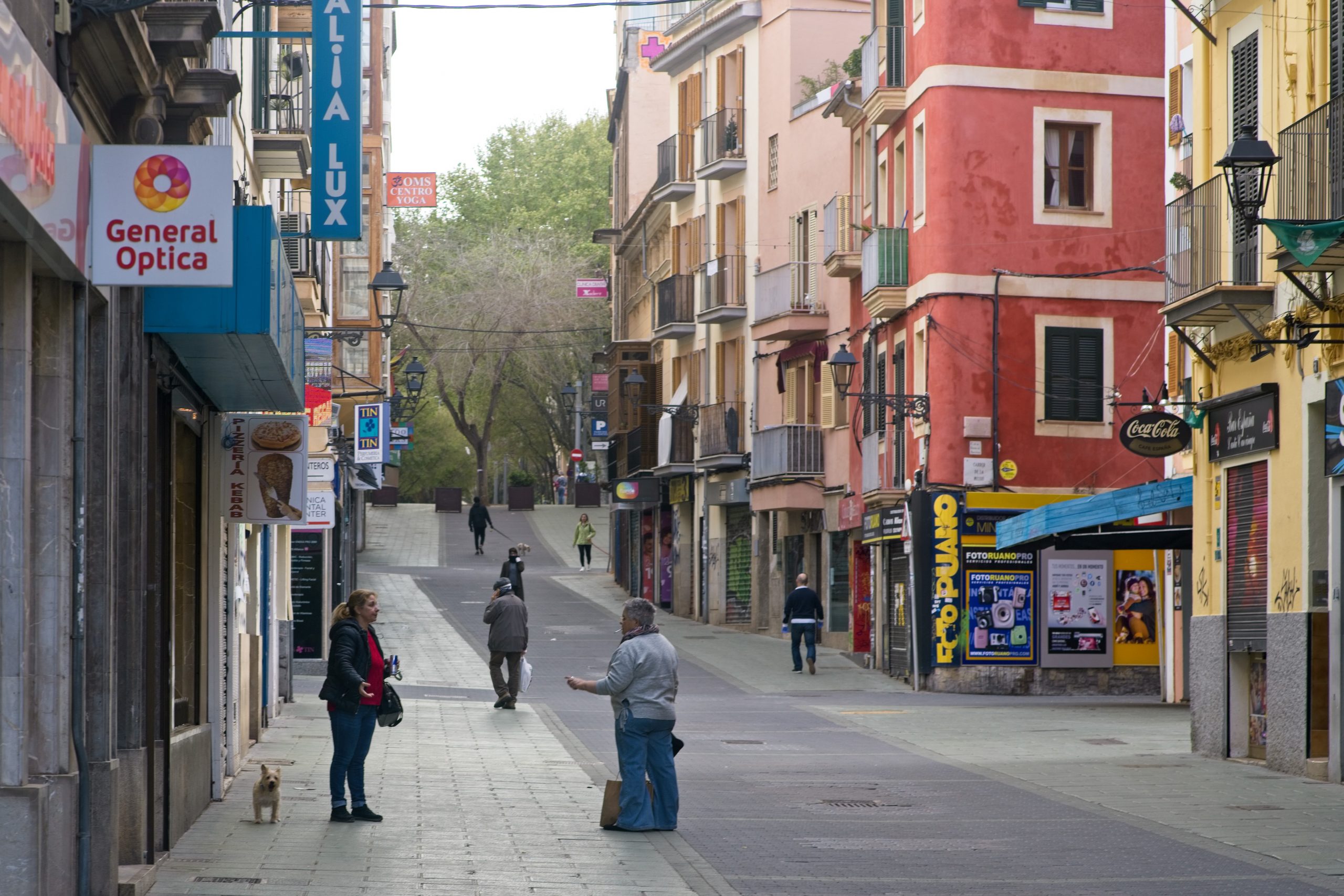
One could cut the tension with a knife and it is evidently clear that people are stressed, and perhaps even scared.
Absolutely everyone I encountered had shielded themselves with a face mask, leaving me to contemplate if they were purchased on the dark web, considering the recent cries from healthcare professionals on their overwhelming shortage in hospitals.
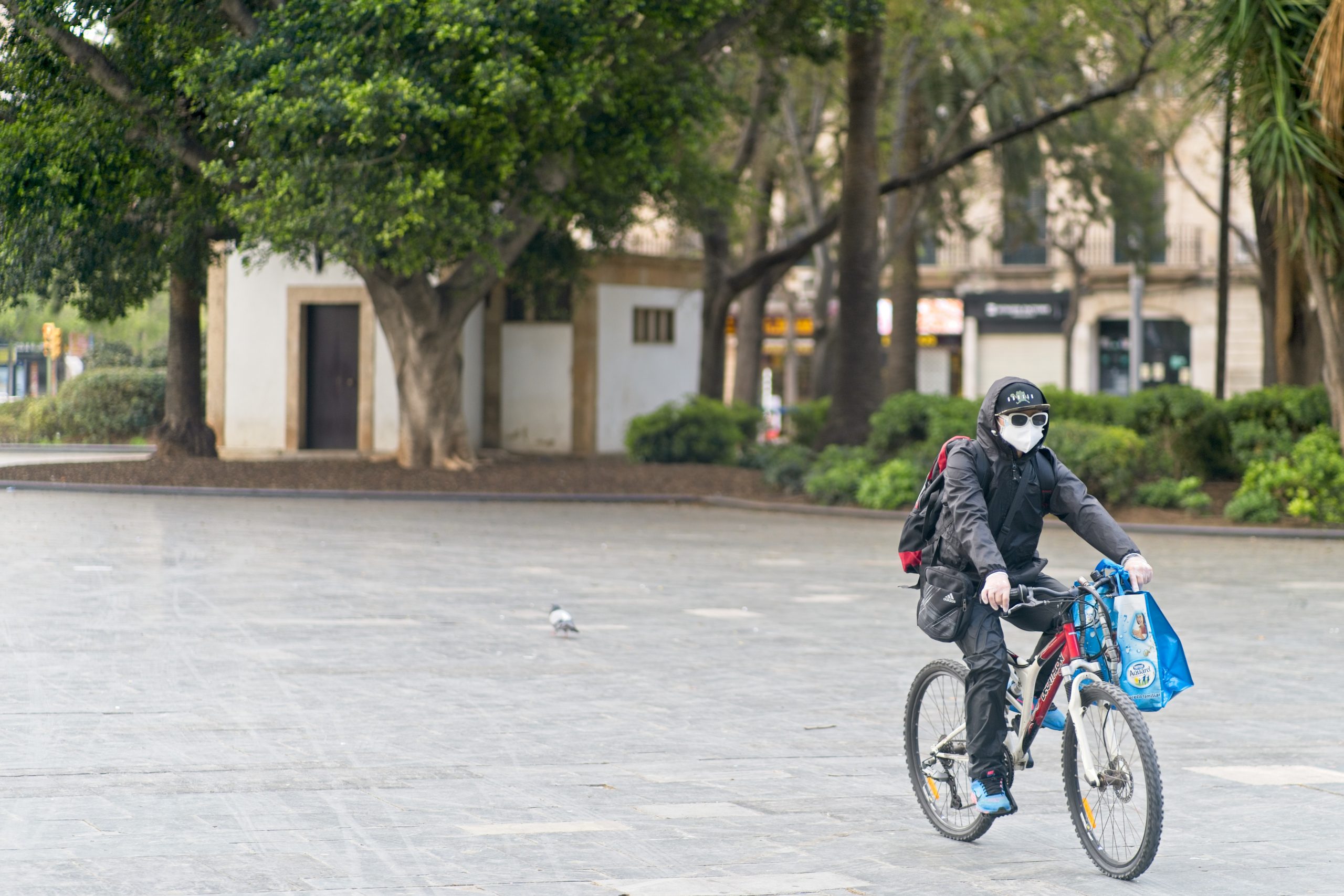
Meanwhile, the elderly appear to be shut firmly behind closed doors, and it is not surprising, as for them, the health crisis is far more daunting than most.
The laughter of children is replaced with ethereal songs from birds, and I am sure that lurking pigeons, dependent on crumbs scattered by tourists sat at terraces, may assume the human race has been swallowed up by an apocalypse.
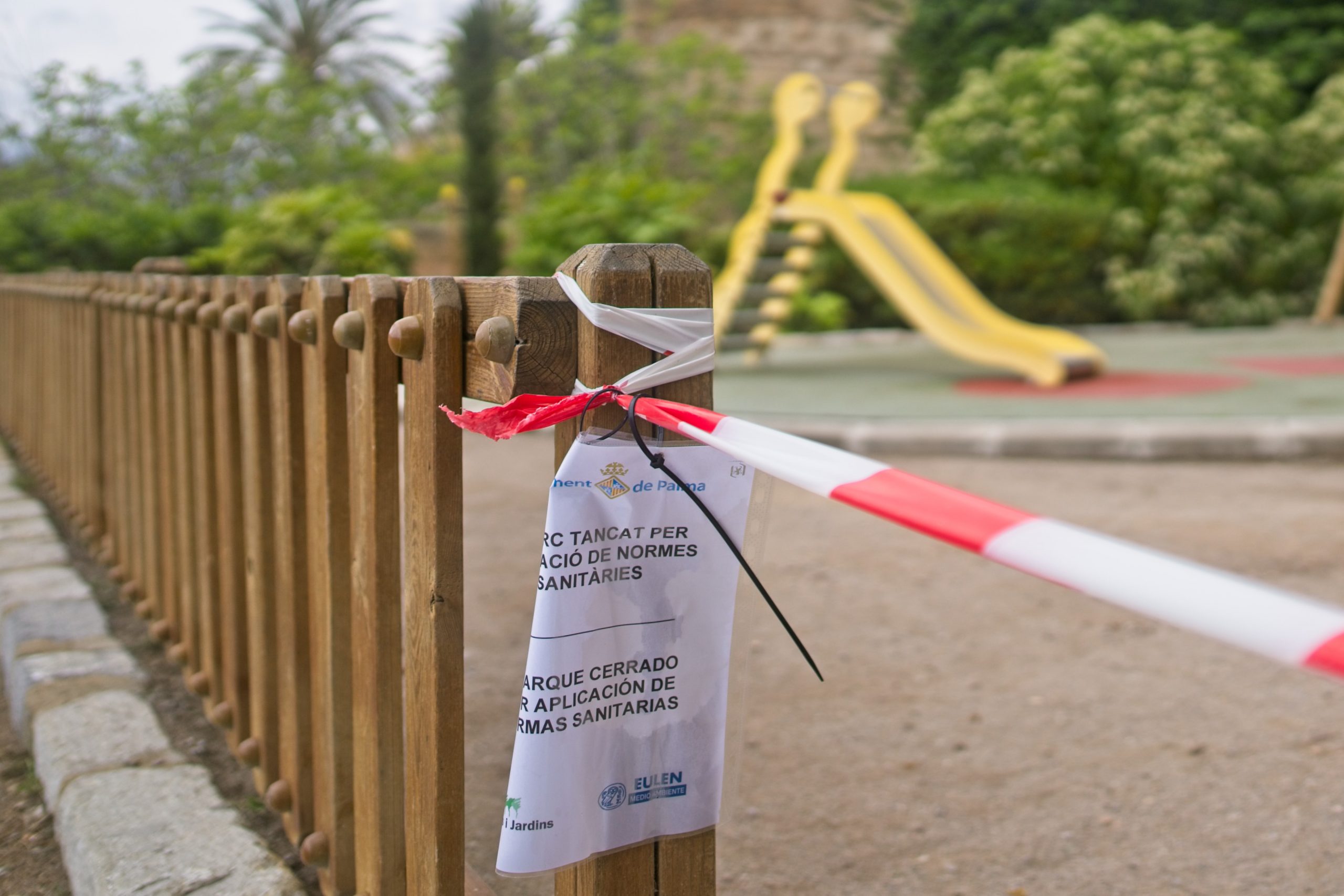
Going through my usual go-to shopping spots is a rather peculiar feeling as a veil of silence has transformed a world renowned retail paradise into a deathly quiet wasteland that seems somewhat off limits.
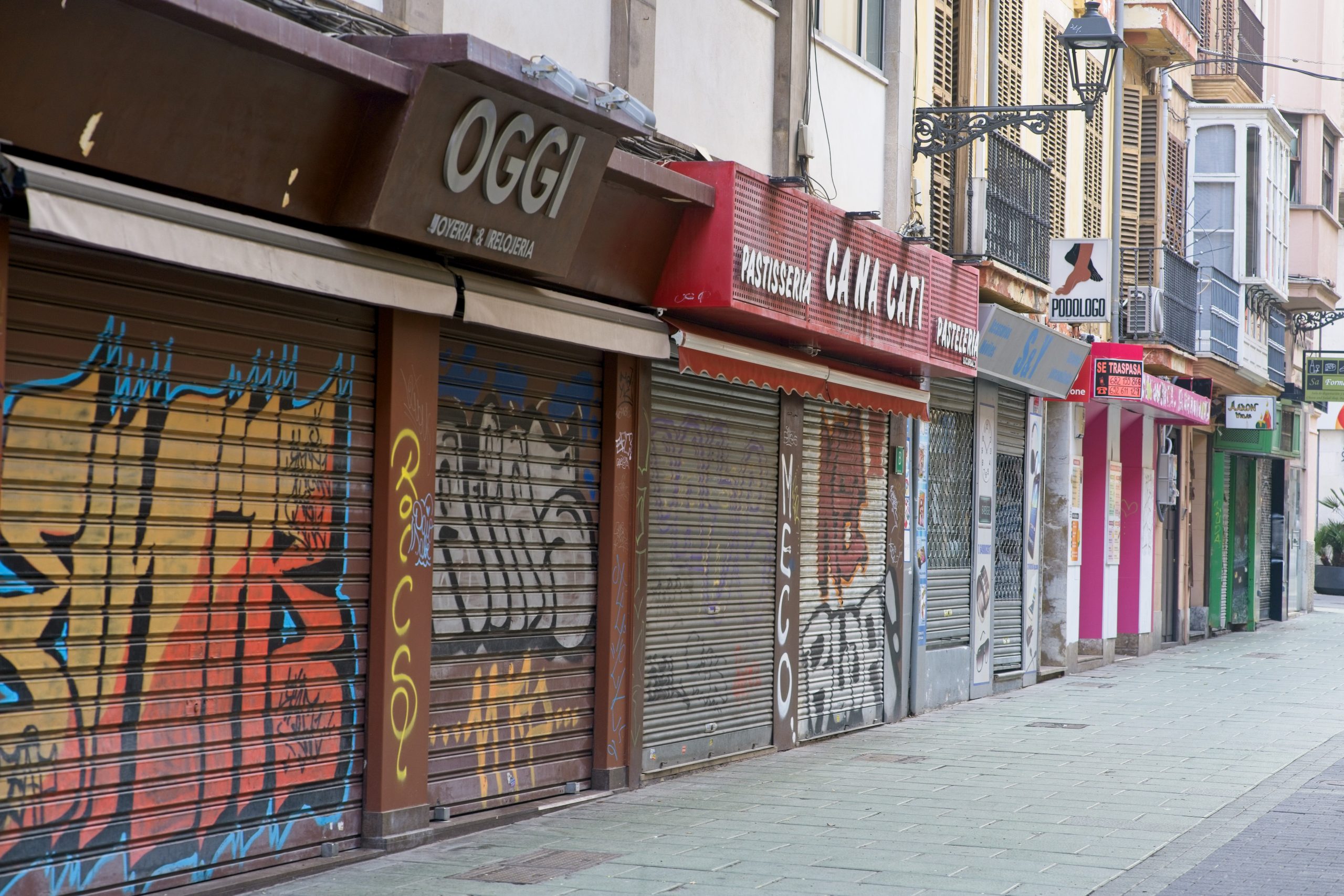
Life can however be found at the city’s many markets, and that in itself provides me with a small amount of hope that not all small businesses will go under as a result of this unprecedented pandemic.
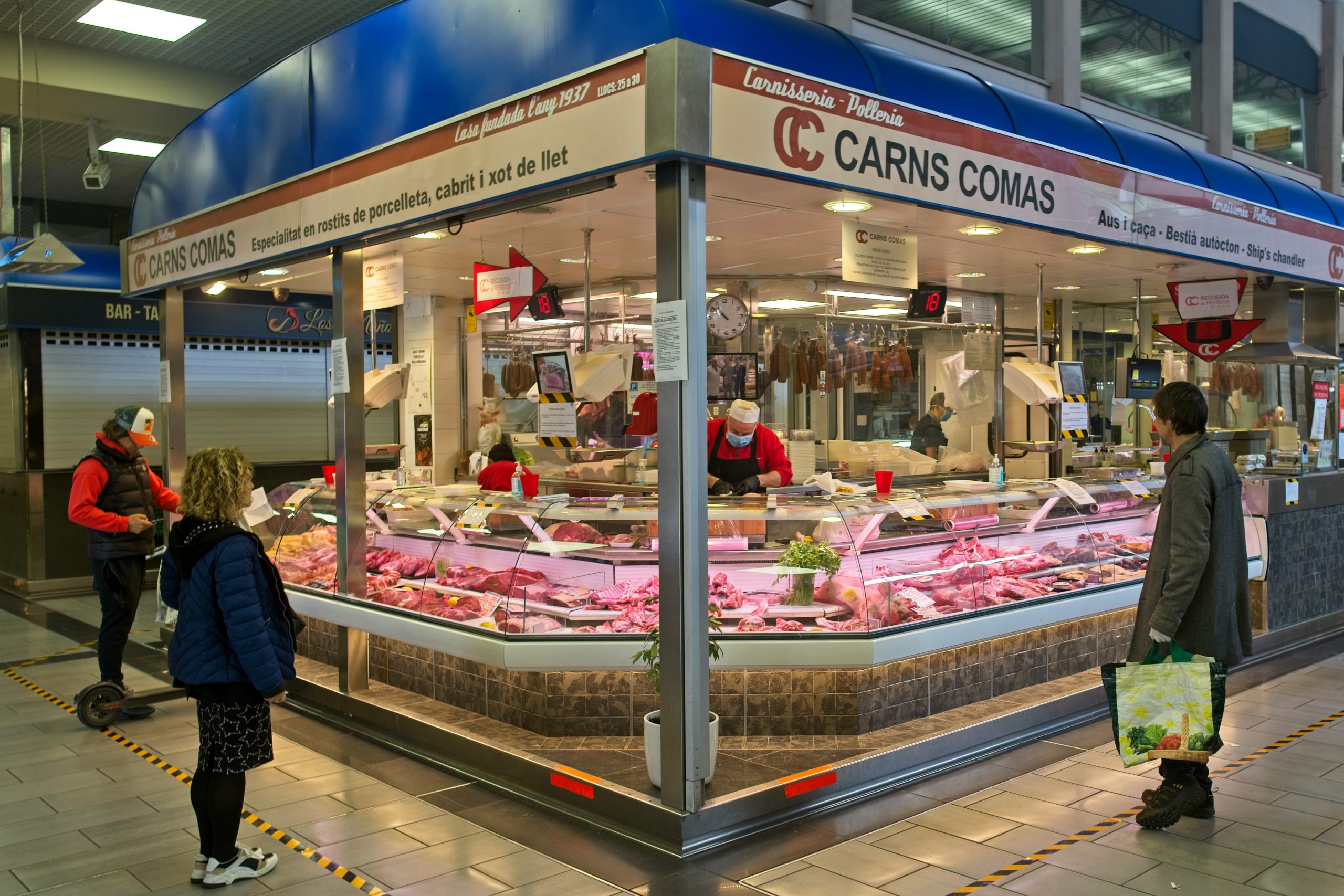
It is understood that thousands of companies have already implemented ERTEs, a temporary lay-off of workers, and hundreds may never be able to recover.
More frightening, is economists making the stark prediction that the Balearic Islands will soon experience the worst recession in its history with losses reaching into the billions.
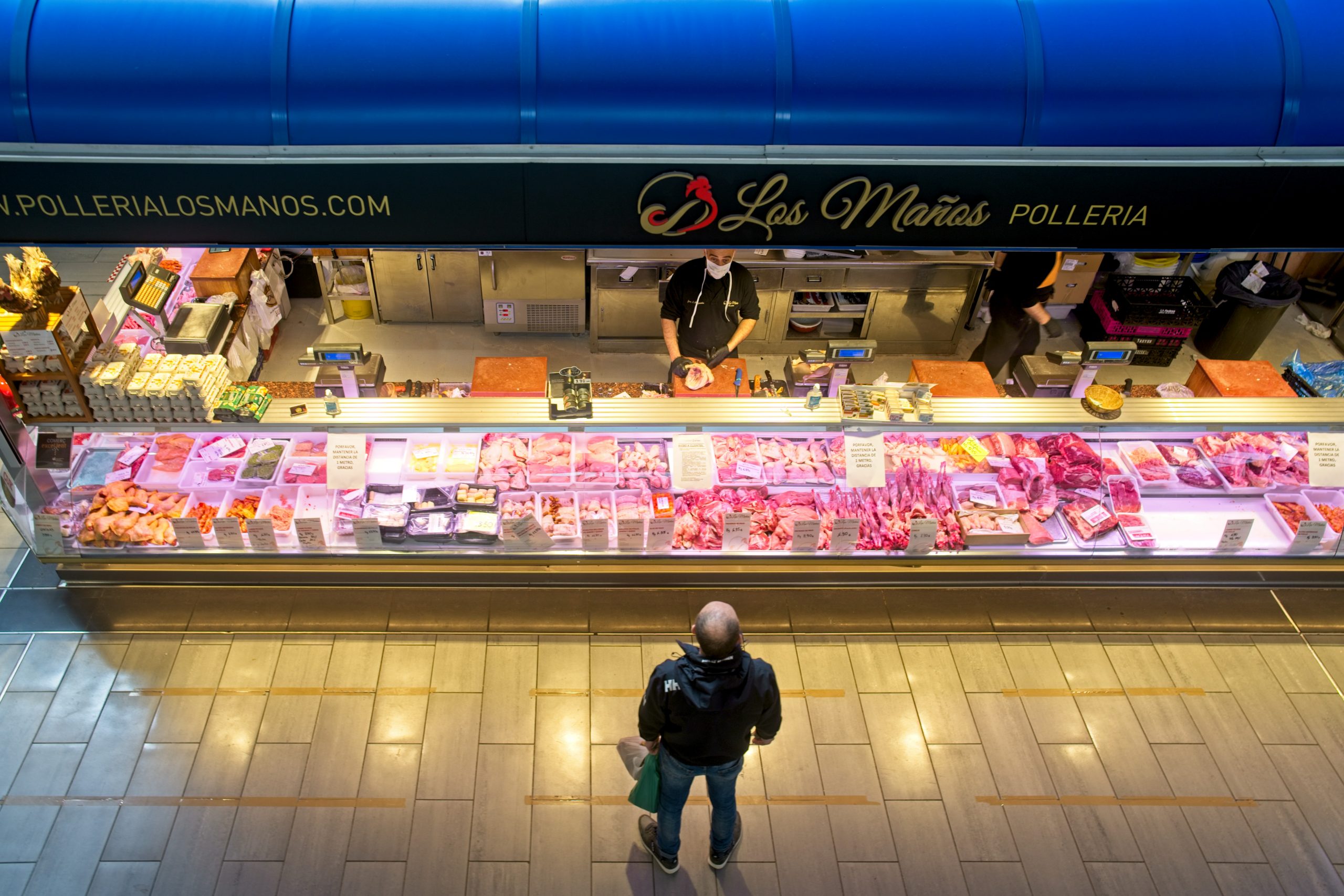
But I felt grounded after speaking to Maria, perhaps the first ‘friend’ I made in Mallorca, a wonderful woman who has been at the helm of a fruit and veg stall in the iconic Mercat d’Olivar for more than 15 years.
“We will get through this together, you are not alone,” she said while preparing my usual order of strawberries, bananas and apples, one that she has memorised since my very first visit more than a year ago.
All that was missing was her signature smile now hidden beneath her face mask as she said: “The future is uncertain, but nothing can break our spirits.”
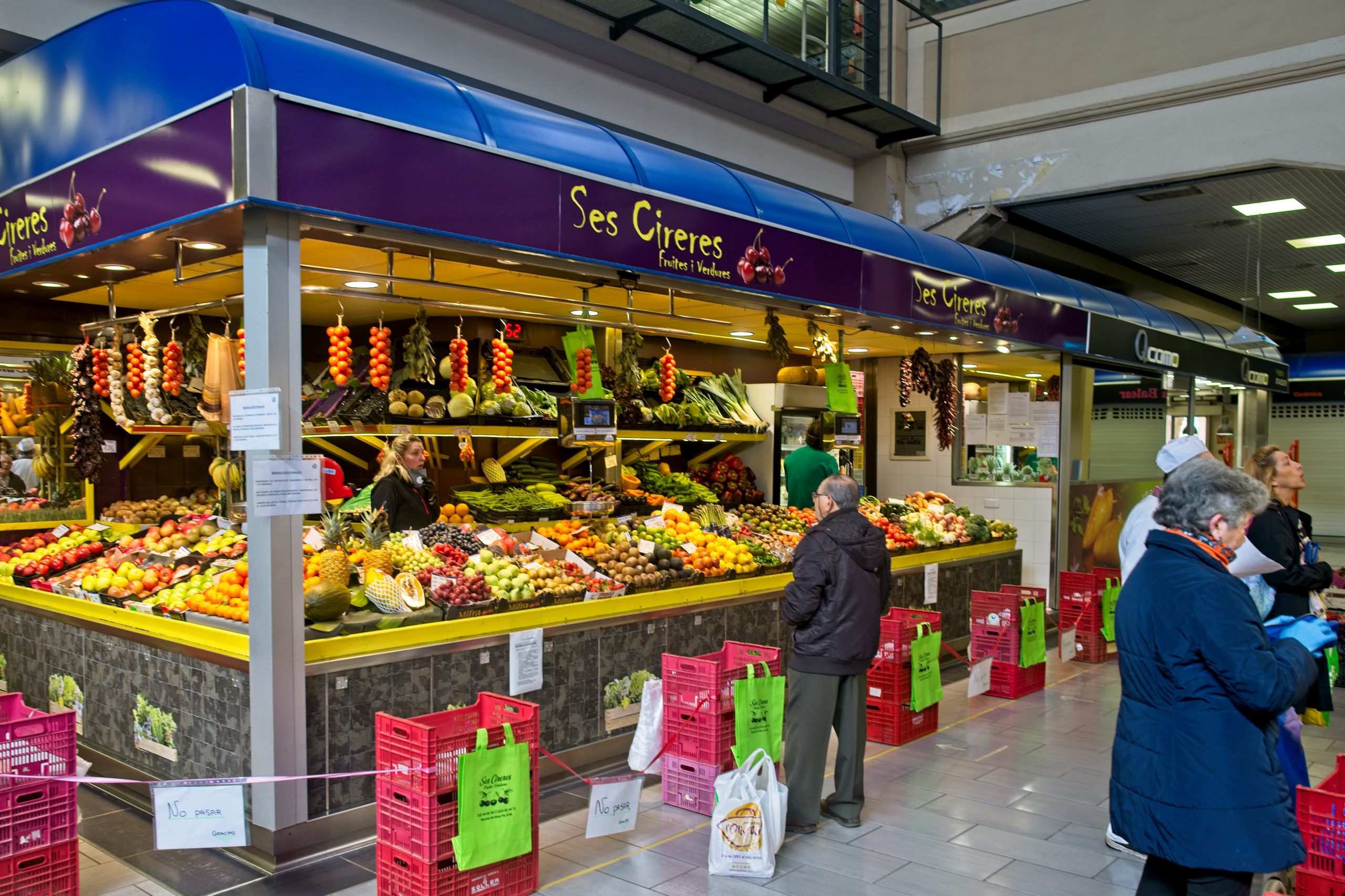
Although there have been reports of rebels getting up to their usual mischief while the attention of police officers is diverted, what is sure is that the lockdown is working in Palma.
Mallorcans are not ones to stay indoors and it is certainly not in their nature to keep themselves to themselves.
The region being placed in the lower tier for confirmed cases in Spain is a triumph, and finally, infections are now starting to decrease day by day.
This is undoubtedly why the virus, however frightening, has made me feel more connected to my community, despite being alone in self-confinement.
Photography by Allan Binderup

